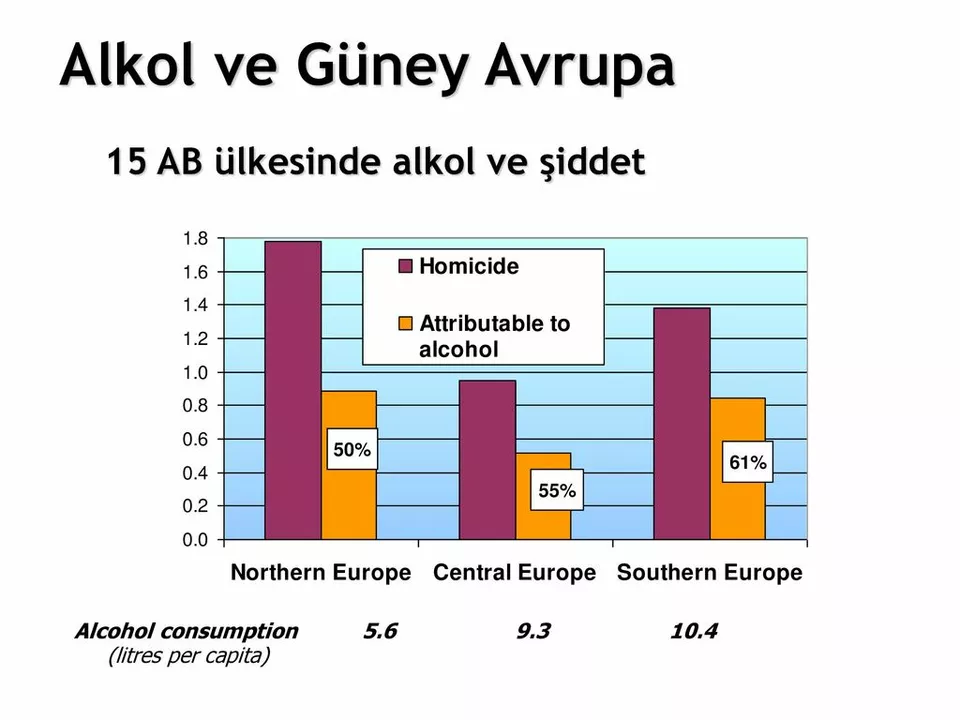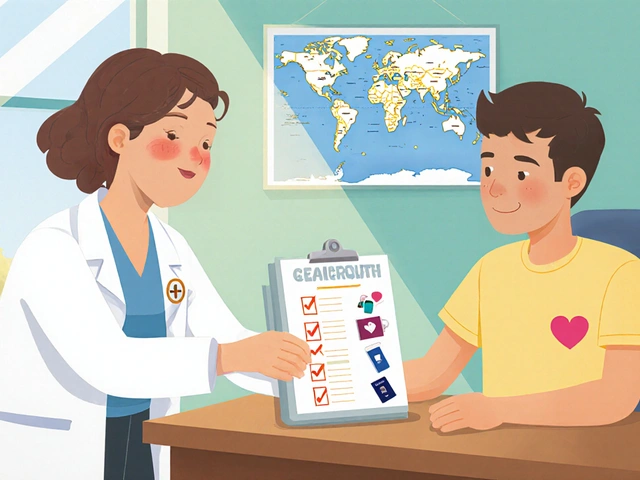Hyponatremia: what low sodium feels like and what to do
Low blood sodium — hyponatremia — sneaks up on people more than you’d think. Most labs flag sodium below 135 mEq/L, but how worried your doctor gets depends on how fast it fell and what symptoms you have. Mild cases can cause brain fog and balance trouble; severe or fast drops can lead to seizures or unconsciousness.
Quick causes to watch for
There are a few common reasons sodium drops. Medications are a big one: thiazide diuretics, some antidepressants (SSRIs), carbamazepine, and certain pain meds or NSAIDs can trigger it. Other causes include excess water intake (seen in endurance athletes), heart failure and cirrhosis (where the body holds water), SIADH — a condition where ADH is too high — and hormonal problems like low thyroid or adrenal insufficiency. Older adults are at higher risk, especially when on multiple drugs.
What your doctor will check and do
Expect basic blood tests (serum sodium, glucose, kidney function) and often serum osmolality to confirm true hyponatremia. Urine osmolality and urine sodium help figure out why sodium is low — whether you’re losing salt, holding water, or making concentrated urine. The next step is deciding if the situation is urgent. Severe symptoms — vomiting, profound confusion, seizures, or low consciousness — are medical emergencies and usually require hospital care and careful treatment with hypertonic saline.
Treatment depends on cause and speed. If you’re hypovolemic (lost fluids), doctors give isotonic saline to restore volume. For mild chronic low sodium without big symptoms, simple fixes like fluid restriction and stopping the offending drug often work. In some cases of SIADH or heart failure, doctors may use salt tablets, loop diuretics, or vasopressin receptor antagonists (like tolvaptan) but those need careful monitoring. The main rule: correct sodium slowly in chronic cases. Too-fast correction can cause osmotic demyelination, a serious brain injury. Most teams aim to raise sodium no more than 8 mEq/L in 24 hours, often less in high-risk patients.
Practical steps you can take now: review your medications with a clinician or pharmacist, especially if you feel dizzy, confused, or unusually tired; avoid drinking large volumes of plain water during endurance events unless you’re replacing salt; and treat ongoing vomiting or diarrhea promptly. If you have heart or liver disease, ask your doctor about safe fluid limits and monitoring.
When to seek emergency care: new severe headache, repeated vomiting, sudden confusion, difficulty breathing, seizures, or passing out. For milder symptoms, arrange a prompt clinic visit or lab check. Hyponatremia is common but manageable when you know the cause and follow careful treatment steps.
3
Hyponatremia in the Elderly: Risks, Prevention, and How to Manage It
Hyponatremia can sneak up on the elderly, leading to confusion, fatigue, and even more serious health issues. This article dives into why older adults are more vulnerable to this condition, how to spot the signs early, and what steps can be taken to prevent and manage it effectively. From understanding the role of sodium in the body to recognizing risky medications, we explore practical tips for maintaining electrolyte balance. Read on for essential insights crucial for safeguarding the health and well-being of aging loved ones.
16
Hyponatremia and Alcohol Consumption: Understanding the Risks
As a blogger, I recently came across the topic of Hyponatremia and alcohol consumption and discovered some alarming risks associated with it. Hyponatremia is a condition where the sodium levels in the blood are abnormally low, which can lead to serious health complications. I learned that excessive alcohol consumption can greatly increase the risk of developing this condition, as alcohol can interfere with the body's ability to regulate sodium levels. It's important for all of us to be aware of these risks and consider moderating our alcohol intake to maintain a healthy balance. So, let's stay informed and make smarter choices for our overall well-being.
Latest Posts
Popular Posts
-
 Magnesium Supplements and Osteoporosis Medications: What You Need to Know About Timing
Magnesium Supplements and Osteoporosis Medications: What You Need to Know About Timing
-
 OTC Heartburn Medications: Antacids, H2 Blockers & PPIs Explained
OTC Heartburn Medications: Antacids, H2 Blockers & PPIs Explained
-
 Extended Use Dates: How the FDA Extends Drug Expiration Dates During Shortages
Extended Use Dates: How the FDA Extends Drug Expiration Dates During Shortages
-
 Meniere’s Diet: How Sodium Restriction and Fluid Balance Reduce Vertigo and Hearing Loss
Meniere’s Diet: How Sodium Restriction and Fluid Balance Reduce Vertigo and Hearing Loss




